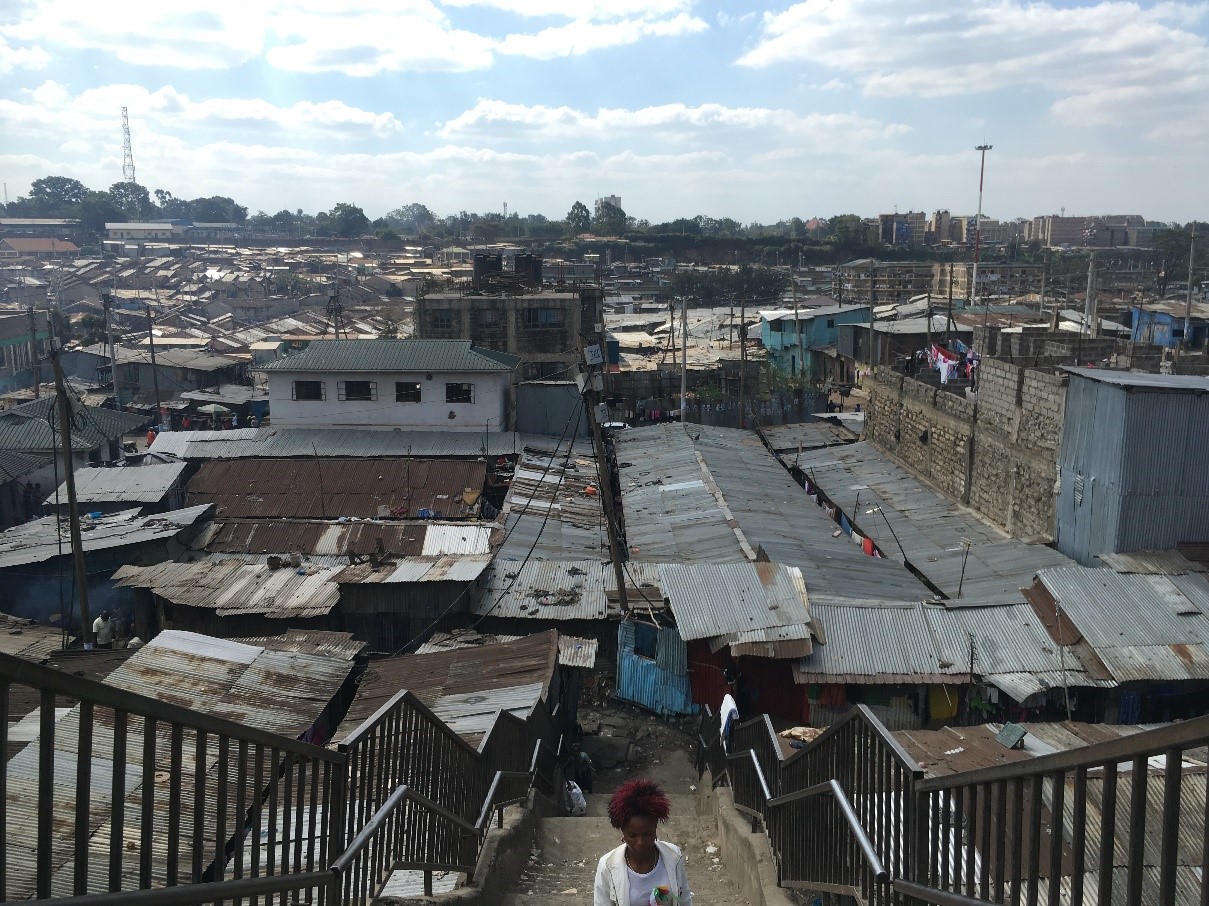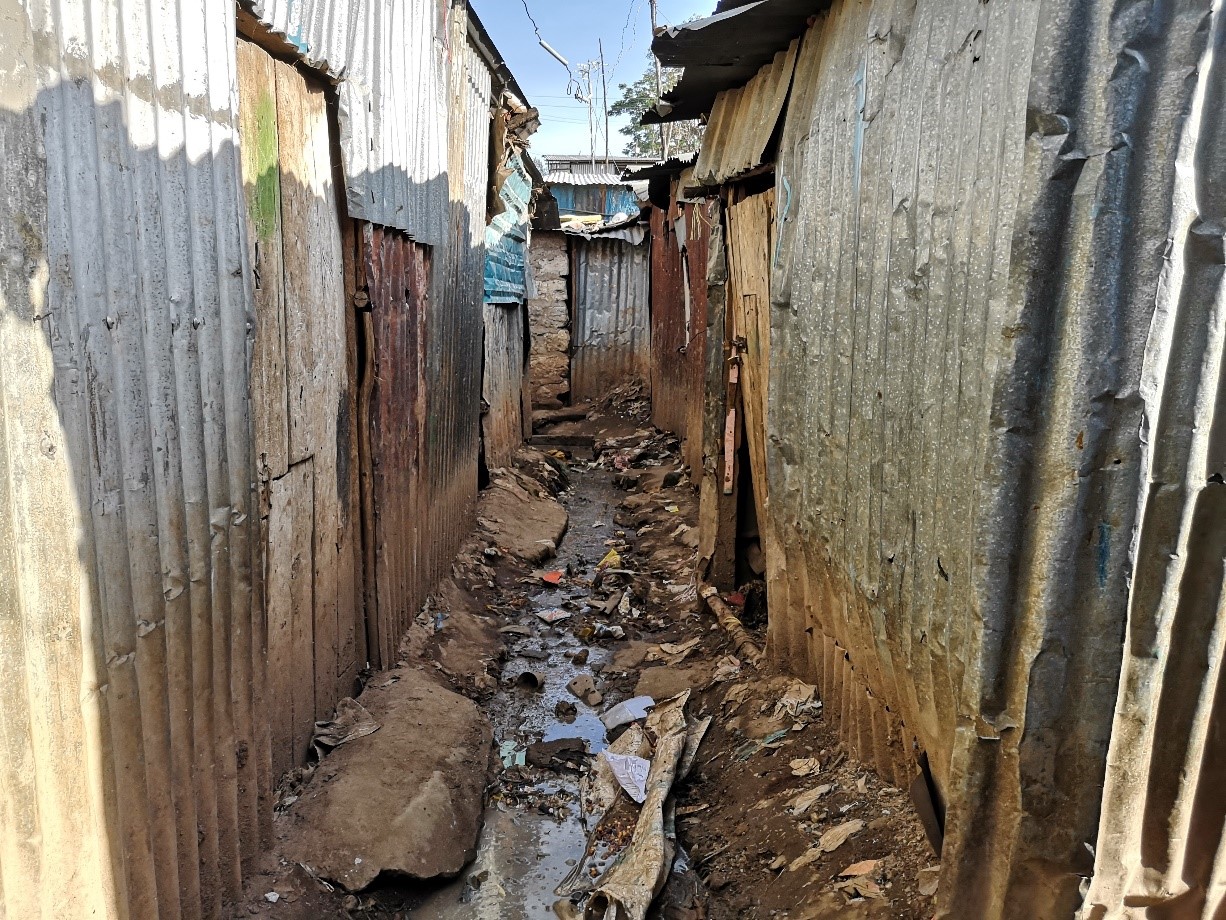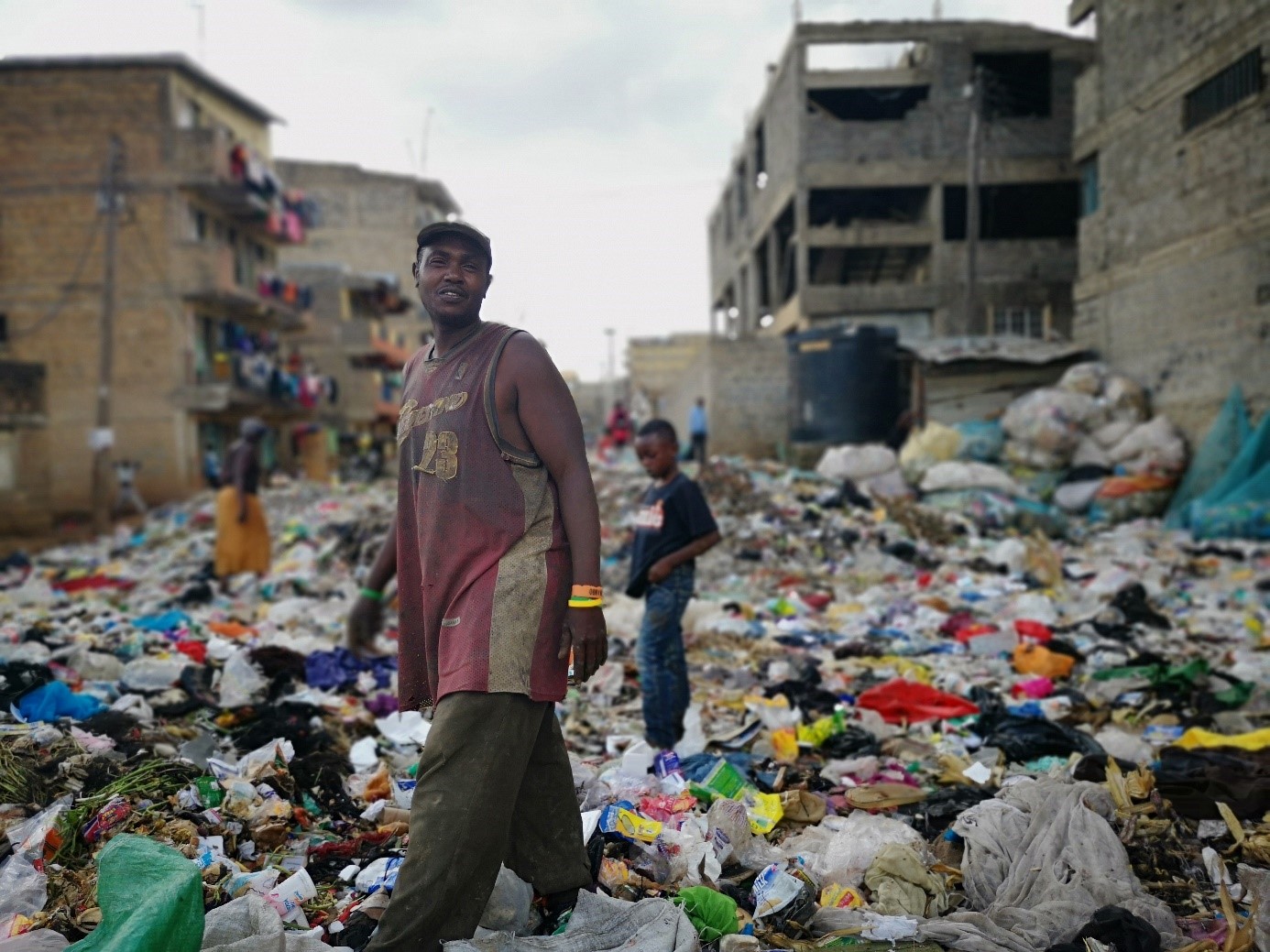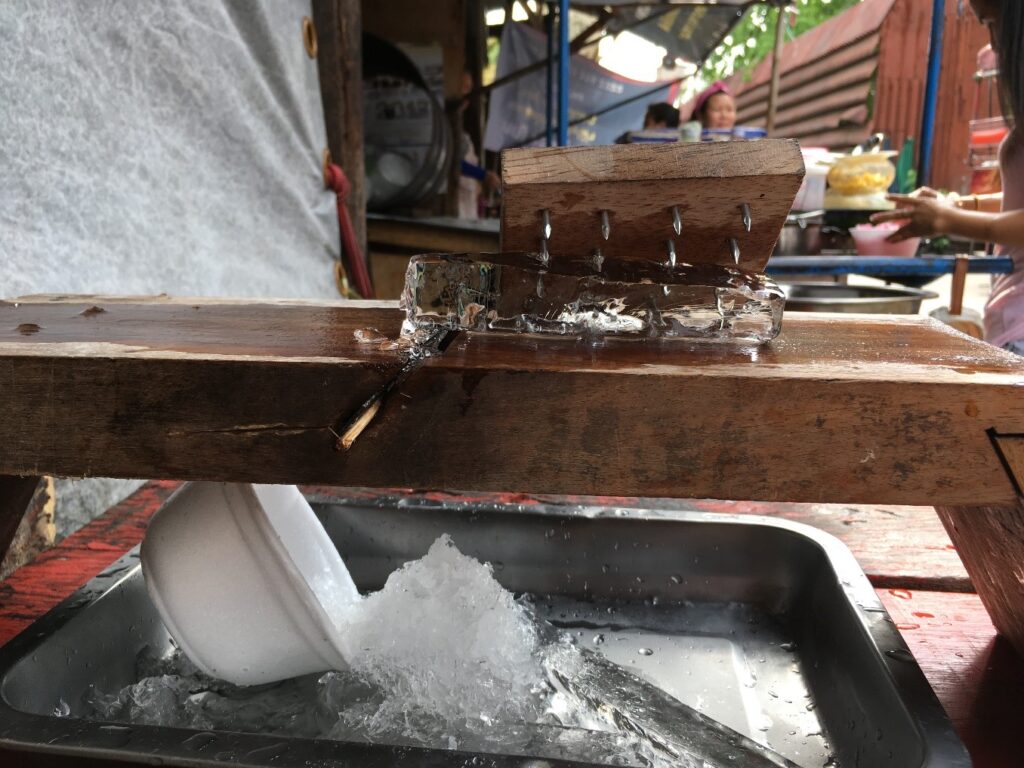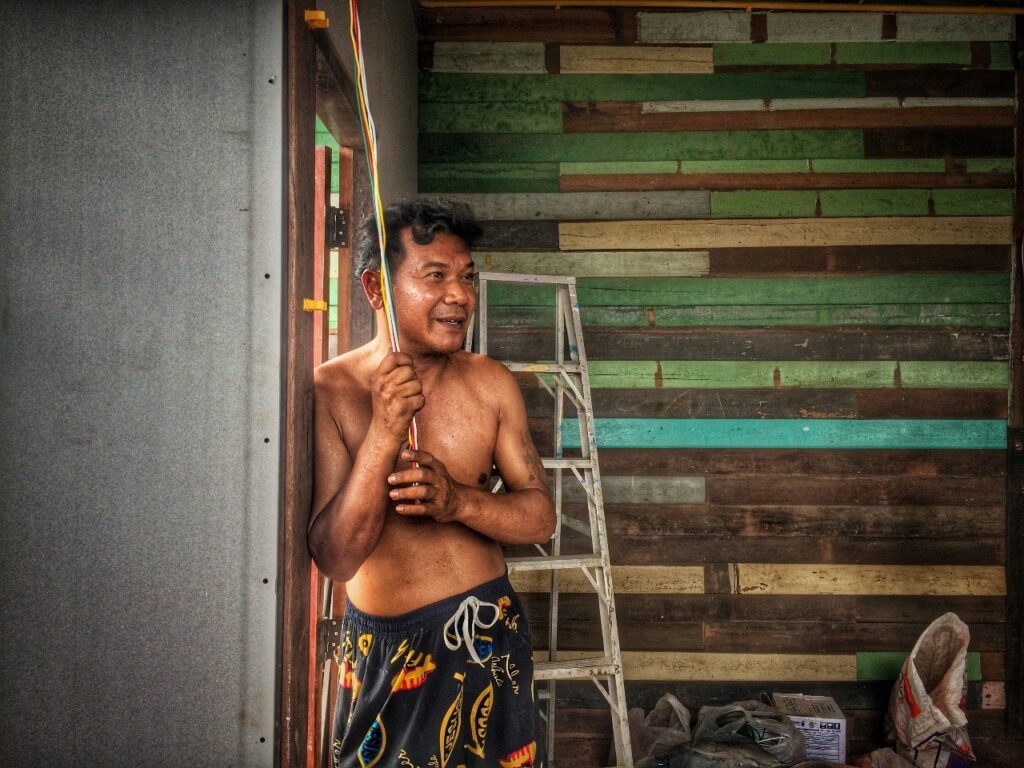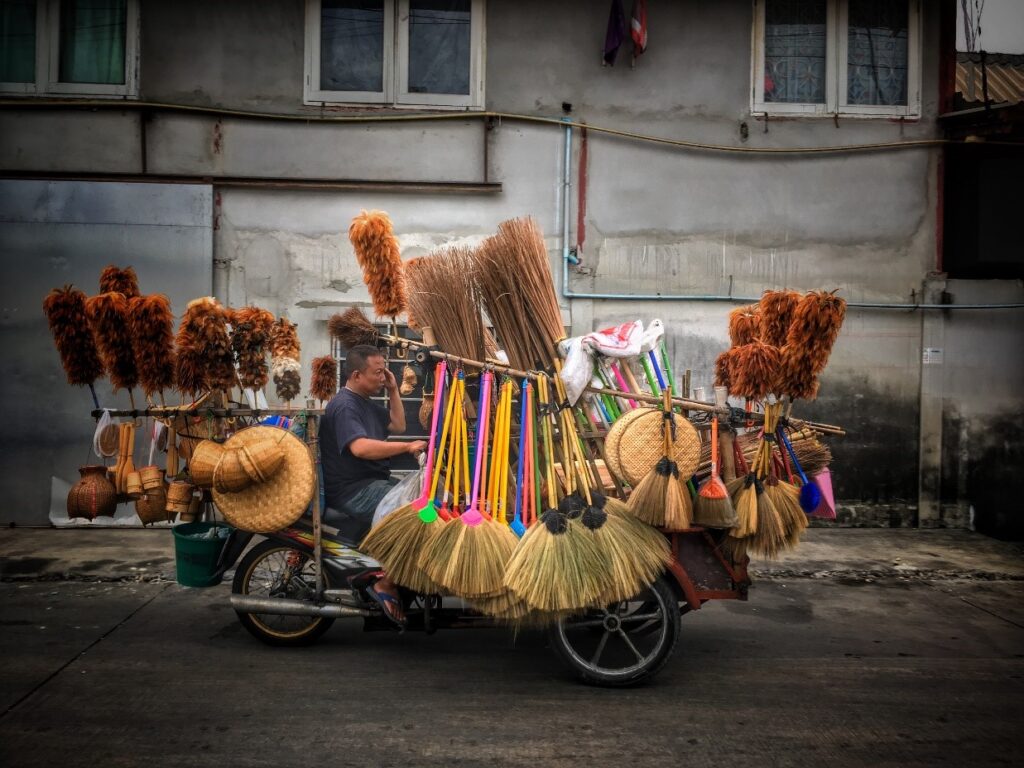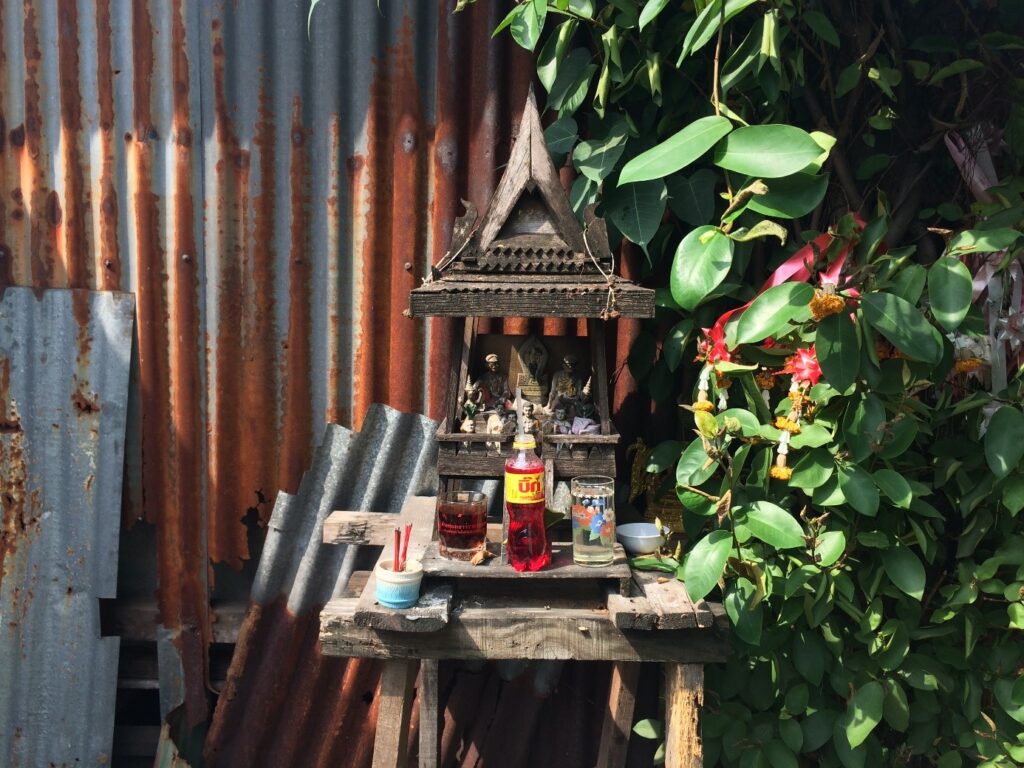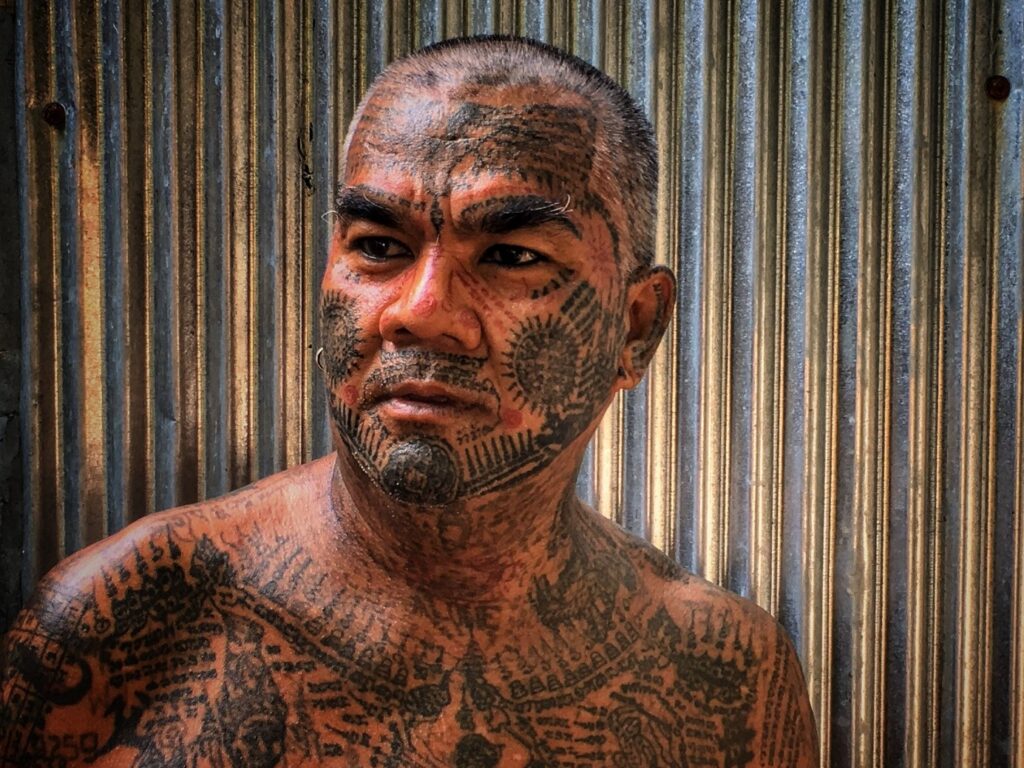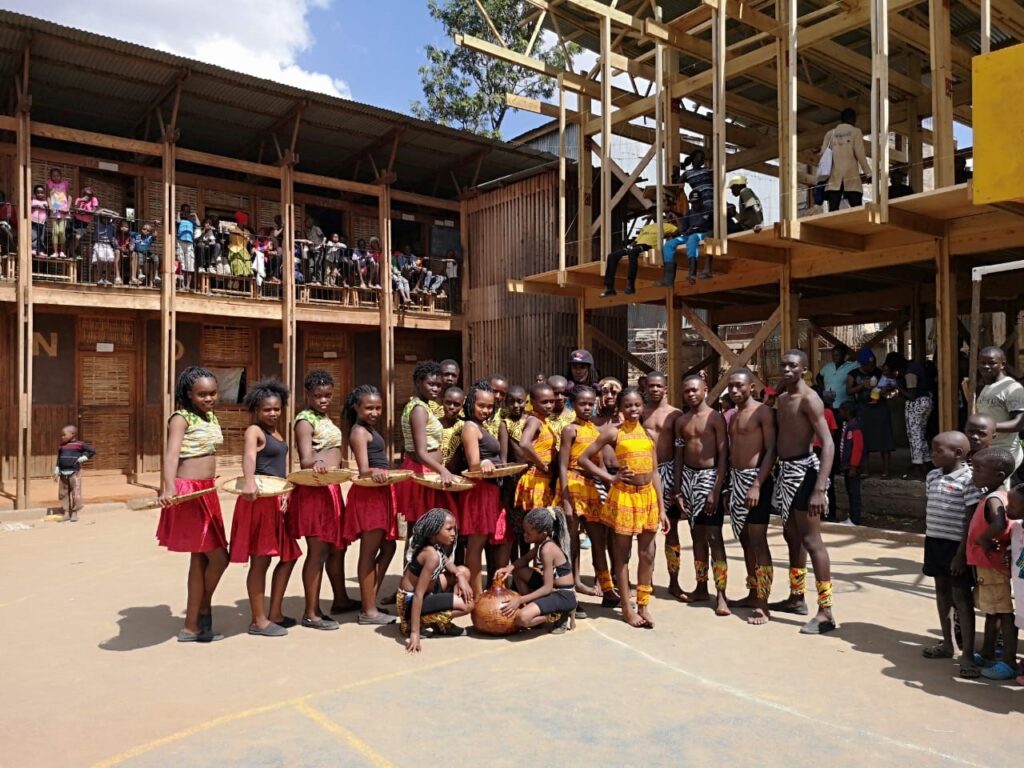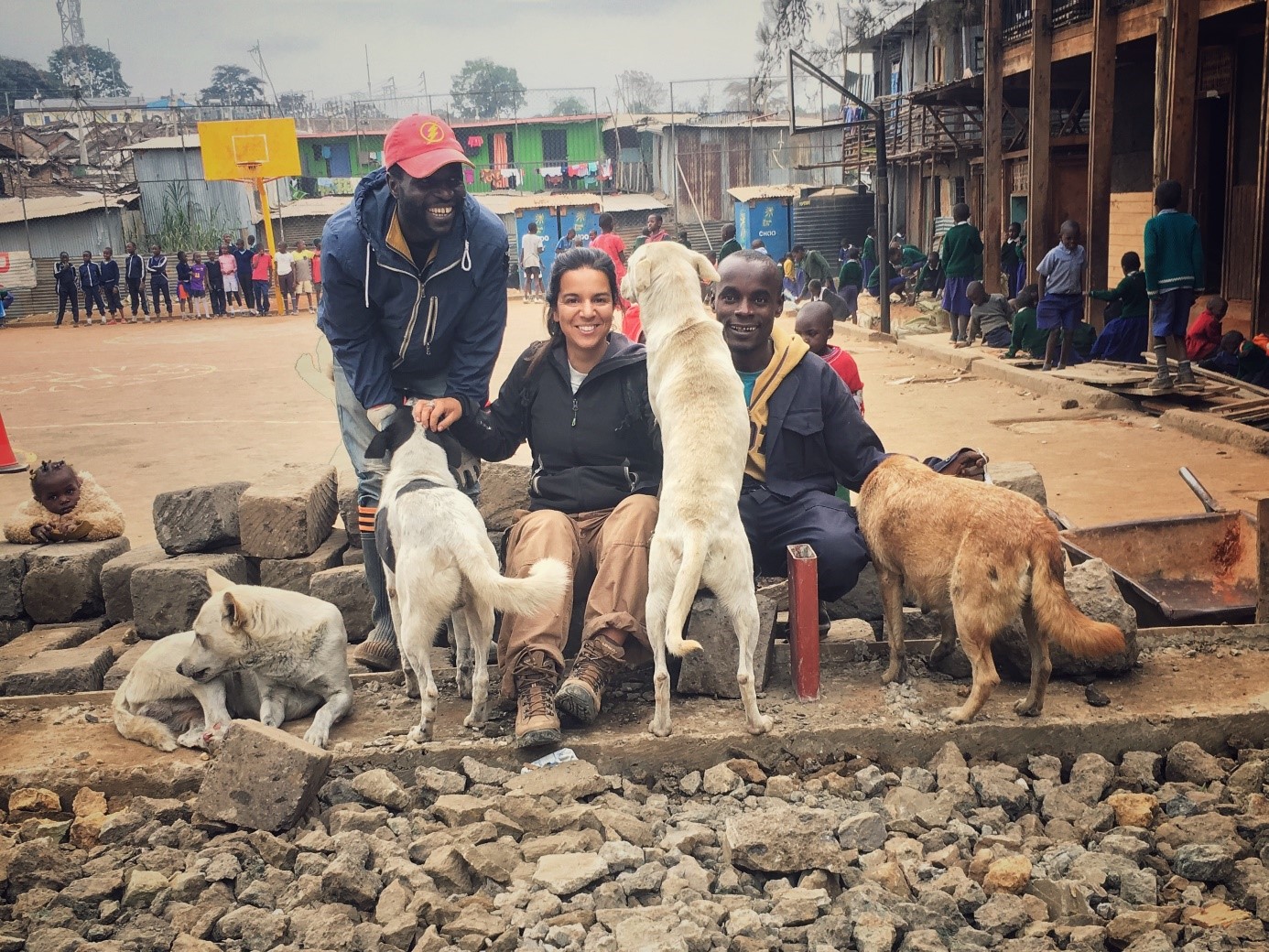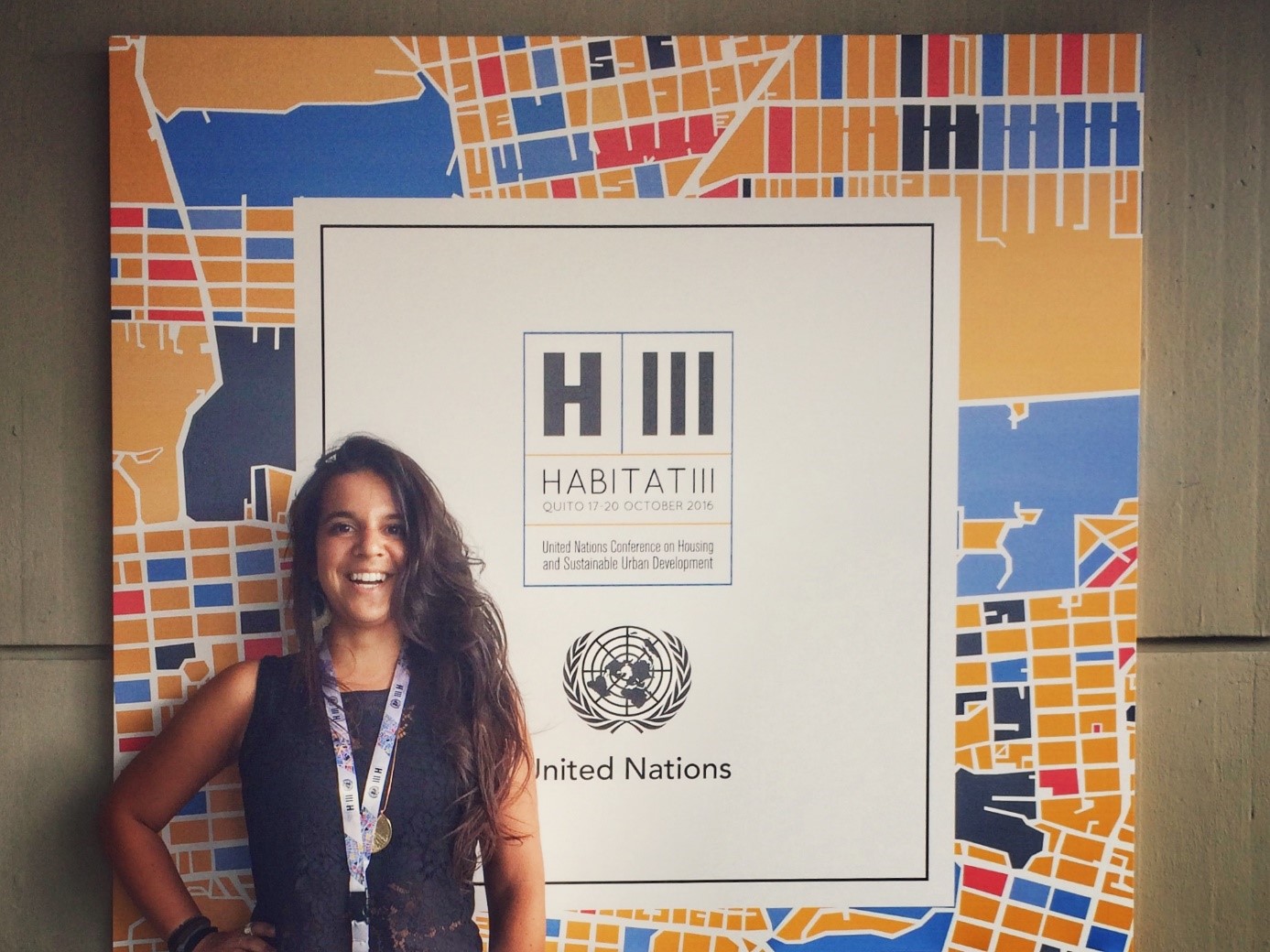When I started my PhD at the Chair of Sustainable Construction, I was afraid that I would no longer have the chance to spend time in field, and that I’d be confined to office life in a shiny office at ETH, running calculations and drafting graphs in Excel.
Two years on, thanks to the open mindedness of my supervisor, I am happy to say this fear was unfounded.


